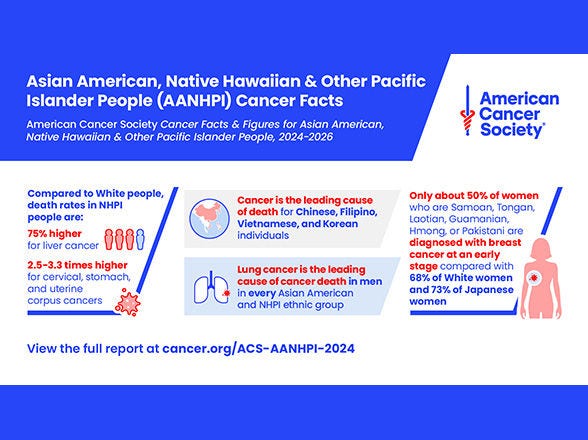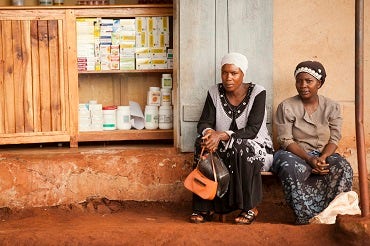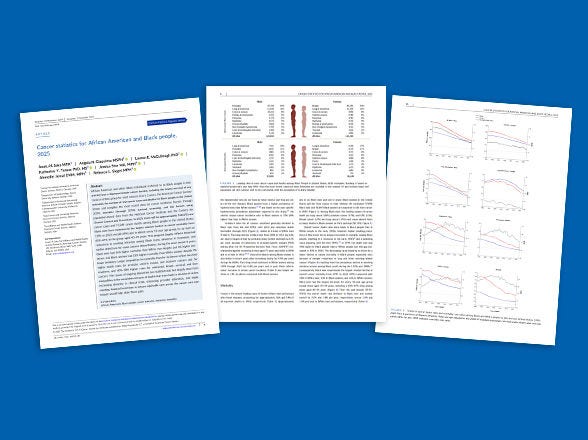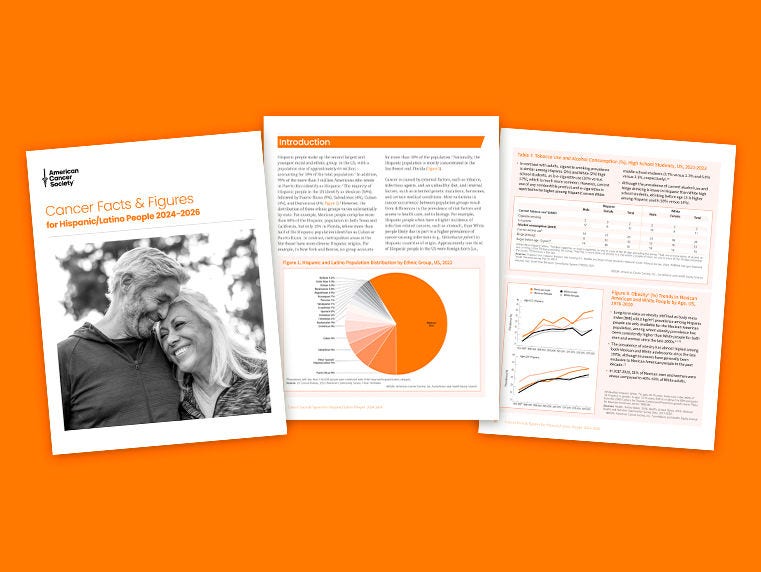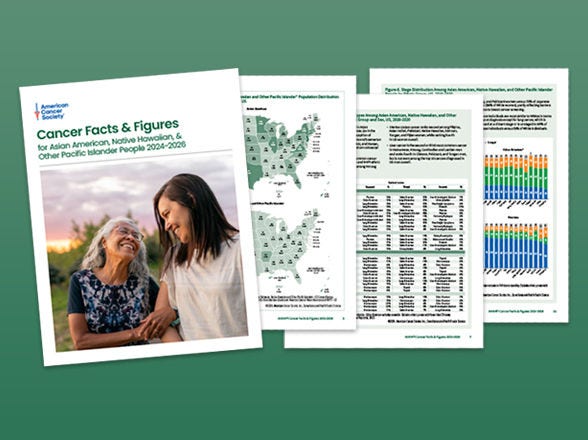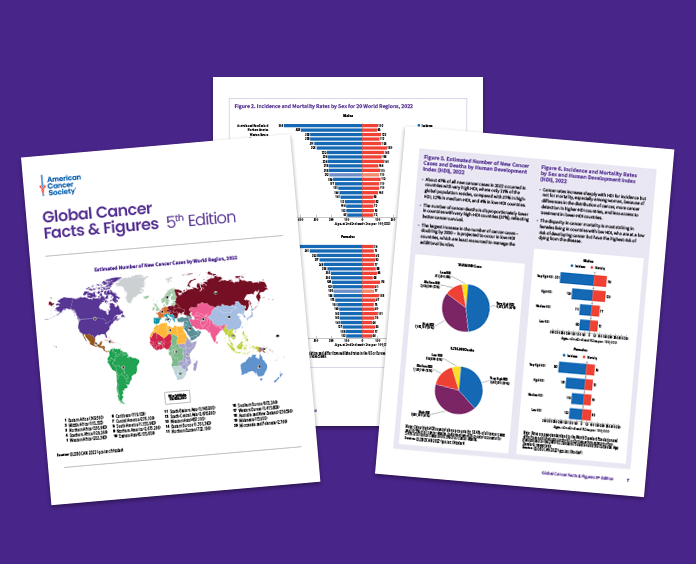Your gift is 100% tax deductible.
Cancer Disparities ACS Research Highlights
The American Cancer Society (ACS) believes everyone should have a fair and just opportunity to prevent, find, treat, and survive cancer. That belief guides the ACS to conduct and support research to help understand cancer inequalities and create strategies for overcoming them.
Understanding Cancer Disparities
Cancer is a disease that can affect anyone, but it doesn’t affect everyone equally.
Many social structures and practices can limit a person’s access to health care they need to prevent, treat, and survive cancer. These obstacles may include racism, discrimination, poverty, lack of access to healthy and affordable foods, low quality education and housing, and jobs with inadequate pay.
A health disparity is when the quality of health care differs between people because of discrimination based on:
- Age
- Disability status
- Health insurance coverage
- Gender identity
- Geography (where a person lives)
- Income
- Race or ethnicity (racism)
Health care disparities can affect every step of cancer care — from prevention and screening to the quality of life after cancer treatment, which means disparities in care can affect who develops and dies from cancer.
Risk & Prevention Studies
Hispanic Men & Women: Disparities in Cancer Incidence and Health Care Access
Our Cancer Disparities Research Team Provides Evidence to Inform Initiatives that Promote Health Equity
As part of our research, we seek to develop and use innovative methods to better disentangle the complex associations between social determinants of health and cancer disparities and provide evidence that can be used to mitigate these unjust differences."
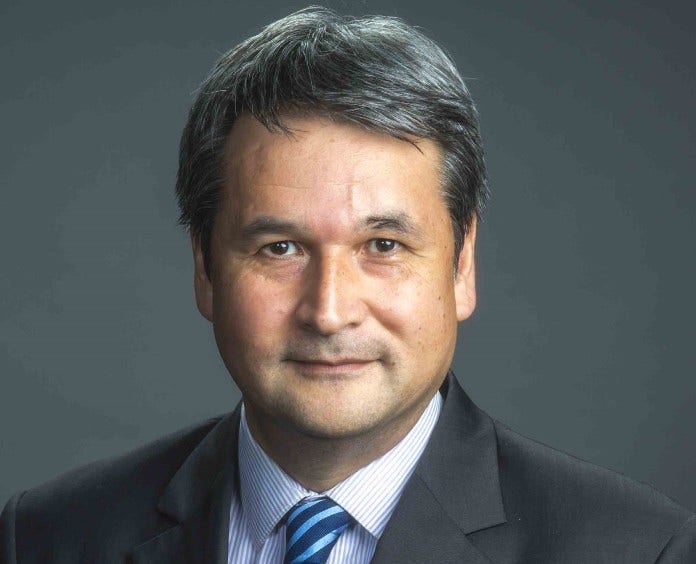
African American and Black People: Disparities in Cancer Incidence and Death Rates
Screening & Detection Studies
Asian American, Native Hawaiian, & Other Pacific Islander People (AANHPI): Disparities in Cancer Death Rates
AANHPI Populations:
Cancer Facts Are Now in Your Language
Print the 1-page infographic of fast facts about cancer in your language: Simplified Chinese, English, Hawaiian, Hindu, and Tagalog.
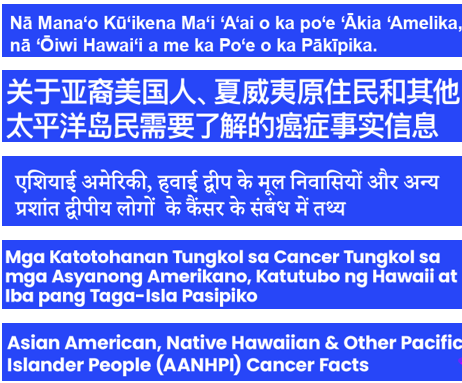
Treatment Studies
Advocating for Cancer Equity
From advocating for change to fundraising for research, we’re working hard to address cancer health disparities.
Disparities Research Informs Advocacy and Policy Actions
Who: The American Cancer Society Cancer Action Network (ACS CAN) is the nonprofit, nonpartisan advocacy affiliate of the American Cancer Society.
What: The role of ACS CAN is to support evidence-based policy and legislative solutions designed to eliminate cancer as a major health problem.
How: American Cancer Society (ACS) researchers collaborate with ACS CAN staff to explore how and why certain groups of people in the US are not benefitting from health care services such as cancer prevention, early detection, and treatment.
Where: ACS CAN attacks disparities by changing or adding new evidence-based public health policies at the local, state, and federal levels.
Reducing disparities is one step toward the ACS CAN goal to improve health outcomes for all US population groups regardless of race, ethnicity, gender, age, sexual orientation, socioeconomic status, or zip code.
Learn more about advocacy: Explore the ACS CAN website www.fightcancer.org
Reducing Barriers
Patient Enrollment in Cancer Clinical Trials
And we actually got legislation passed in three states—Colorado, Minnesota, and Illinois—which would require their state Medicaid plans to cover routine care costs of cancer clinical trials.


